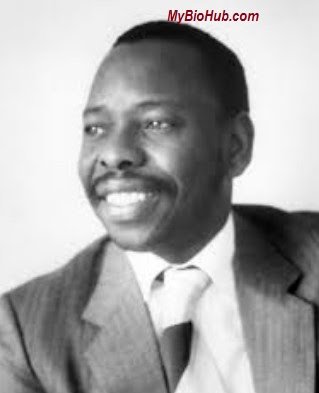Join Our Youtube Channel and Watch Exciting Videos.
If You Love Stories and Facts, Join this Whatsapp Channel
If You Love Stories and Facts, Join this Whatsapp Channel
Kenule Beeson “Ken” Saro-Wiwa was born on 10 October 1941 to Jim Wiwa, a forest ranger and by his third wife, Widu. He changed his name to Saro-Wiwa after the Nigerian Civil war. His father’s home town is the village of Bori, Ogoniland. He spent his childhood in an Anglican home and eventually proved himself to be an excellent student; he received primary education at a Native Authority school in Bori, then attended secondary school at Government College Umuahia.
Ken was a Nigerian writer, television producer, environmental activist, and winner of the Right Livelihood Award and the Goldman Environmental Prize. Saro-Wiwa was a member of the Ogoni people, an ethnic minority in Nigeria whose homeland, Ogoniland, in the Niger Delta has been targeted for crude oil extraction since the 50s and which has suffered extreme environmental damage from decades of indiscriminate petroleum waste dumping.
Initially as spokesperson, and then as president, of the Movement for the Survival of the Ogoni People (MOSOP), Saro-Wiwa led a nonviolent campaign against environmental degradation of the land and waters of Ogoniland by the operations of the multinational petroleum industry, especially the Royal Dutch Shell company. He was also an outspoken critic of the Nigerian government, which he viewed as reluctant to enforce environmental regulations on the foreign petroleum companies operating in the area.
At the climax of his campaign, he was tried by a special military tribunal for allegedly masterminding the gruesome murder of Ogoni chiefs at a pro-government meeting, and hanged in 1995 by the military dictatorship of General Sani Abacha. His execution provoked international outrage and resulted in Nigeria’s suspension from the Commonwealth of Nations for over three years.
Until his death on 10 November 1995, Saro-Wiwa’s works include TV, drama and prose writing. His earlier works from 1970s to 1980s are mostly satirical displays that portrays a counter-image of Nigerian society but his later writings were more inspired by political dimensions such as environmental and social justice than satire.


